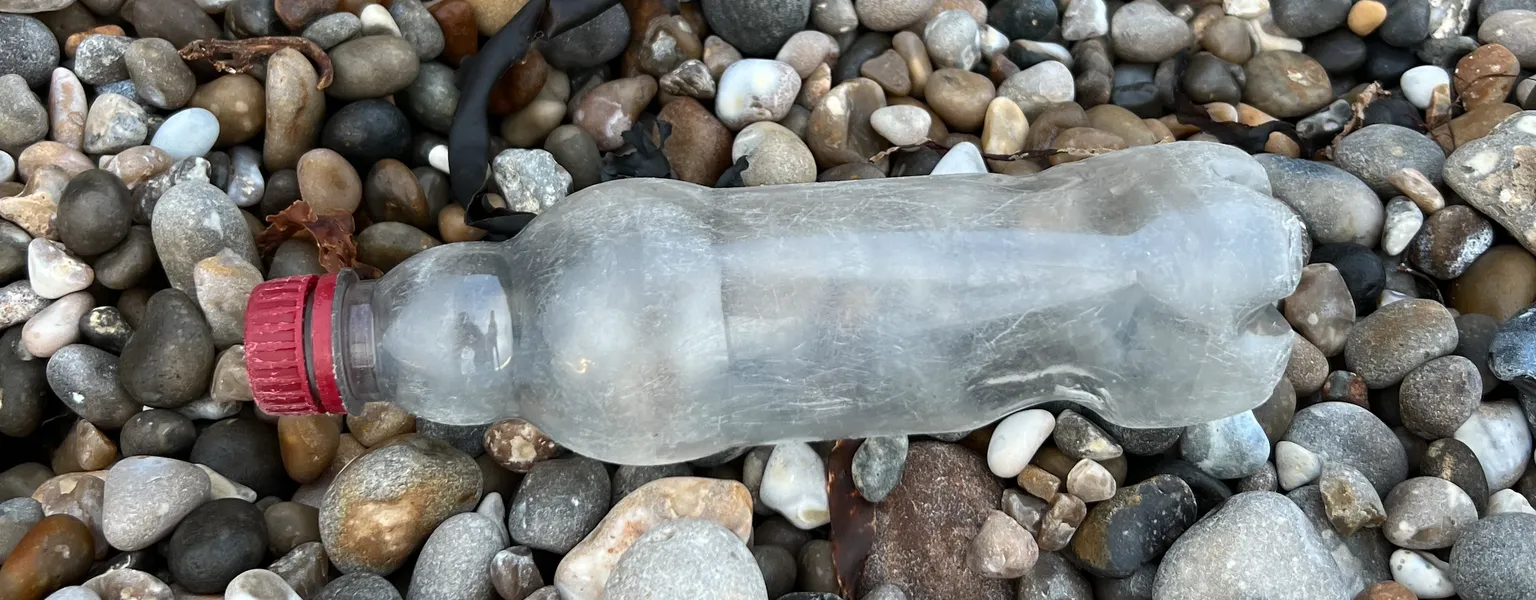University start-up develops plastic that breaks down in oceans without microplastics

Sustainability
Edinburgh start-up creates ocean-friendly plastic that self-destructs without pollution.
A start-up based at the University of Edinburgh has developed a new type of plastic that disintegrates when it comes into contact with seawater, addressing the global issue of plastic pollution. E.V.A. Biosystems has created this "smart" plastic, which breaks down without producing harmful microplastics.
This innovation earned the company the top spot in the Net Zero category at the Converge Awards, an annual event that celebrates academic achievements in Scotland. The category is sponsored by SSE, which supports efforts to combat environmental challenges.
E.V.A. Biosystems' technology incorporates specific bacteria into standard plastics. These bacteria sense when the material is in a marine environment and trigger enzymes that degrade the plastic safely. Unlike traditional chemical methods that can result in microplastic pollution, this approach ensures that the material breaks down without leaving behind harmful residues.
Dr Alexander Speakman, founder of E.V.A. Biosystems, said: We’re all struggling with plastic pollution, and while there are many people developing biodegradable plastics, they’re too expensive and only make up about 1% of the world’s plastic. Our technology works with existing plastics, making them ‘smart’ enough to break down when they end up where they shouldn’t be, like in our oceans or landfills.
The judges praised the company's inventive solution, awarding E.V.A. Biosystems a £30,000 cash prize and £19,500 worth of business development support from SSE and Converge's network. The start-up also won the IBioIC Award, which recognizes innovation in biotechnology, securing an additional £20,000 for the University of Edinburgh.
Related News
-
Sustainability
Farmers replace plastics with biodegradable twine in new farm trial
-
Sustainability
Innovative drone tech targets plastic waste in Canada's Great Lakes
-
Sustainability
How UK bars are slashing glass and plastic waste
-
Sustainability
Controversy as Capri Sun seeks reintroduction of plastic straws
-
Sustainability
Scotland considers 25p charge for single-use cups




